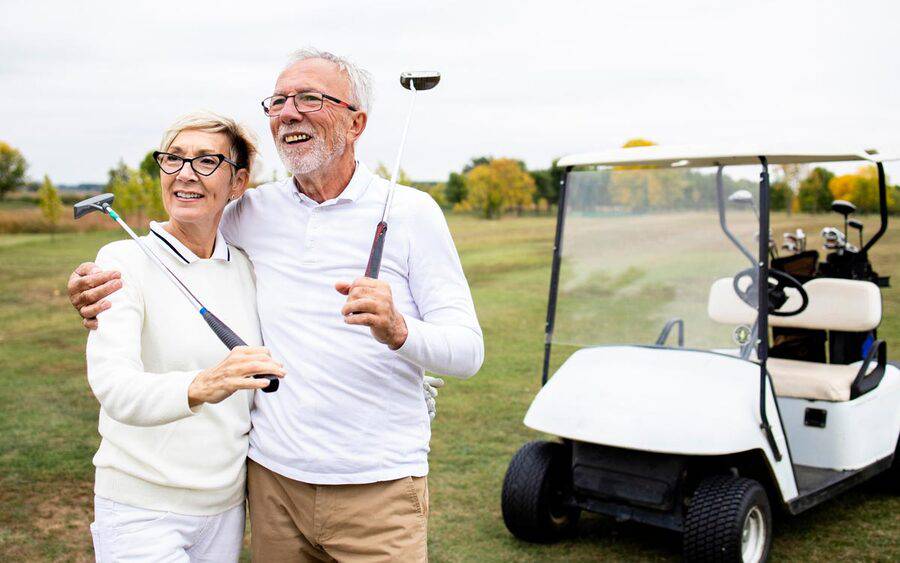Scripps Begins Using Novel Balloon Implants for Rotator Cuff Tears
FDA recently cleared new device as alternative to complex surgery

FDA recently cleared new device as alternative to complex surgery
Patients with rotator cuff injuries now have a new treatment option that can replace the need for complex tendon repair surgeries to restore shoulder function, as Scripps Clinic recently became among the first in the region to offer a minimally invasive approach using a novel balloon spacer device.
The new arthroscopic procedure involves inserting a small balloon implant into an area of the patient’s shoulder called the subacromial space, which is located between the upper shoulder bone and the ball-and-socket joint underneath. Once inserted into place, the balloon is filled with saline solution and serves as a cushion that keeps the shoulder bones from painfully rubbing together during movement, which can occur as a result of a rotator cuff tear.
Last summer, the Food and Drug Administration granted clearance for the InSpace balloon implant to be used in patients in two categories: those with massive and irreparable rotator cuff tears and people aged 65 and older who have rotator cuff degradation (also known as degenerative tears) with mild to moderate shoulder osteoarthritis.
“We’re excited to offer this new treatment alternative to our patients, many of whom previously had limited options due to either the severity of their injury, or difficulty tolerating a significant surgery and recovery process,” said Brian Rebolledo, MD, an orthopedic surgeon with Scripps Clinic who is among the first to perform the shoulder balloon procedure in San Diego County. “For patients with irreparable tears, we now have an option to provide excellent pain relief and improved function.”
Traditionally, repairing rotator cuff tears involves complex shoulder surgery, either to stitch together or patch the torn area, or to reattach the tendon to the head of the humerus (upper arm bone). The goal of surgical repair is to have the tendons heal back onto the bone, but this outcome isn’t always possible if the injury has significantly worsened over time. Additionally, these repairs can involve prolonged recoveries for patients.
By contrast, the balloon spacer approach does not involve surgical repair of the torn tendon, but rather adds a cushioning spacer to prevent painful bone-on-bone friction following a rotator cuff tear. With the spacer in place, the patient’s other muscles can be trained to take over for the torn tendon, enabling the shoulder to develop a well-compensated state that can lead to regained function. The biodegradable balloon is absorbed by the body within 12 months, but its benefit has been noted for years longer.
Because the balloon procedure is minimally invasive, the time needed to recover can be relatively short. Patients who have undergone this procedure have generally returned to their activities within about four weeks. For those who go through open surgical repair, it can generally take roughly twice as long to resume activity.
The balloon technology has a successful track record of more than 29,000 devices implanted internationally over 10-plus years, as well as in a clinical trial setting in the United States, according to the company that offers the device.
According to the American Academy of Orthopaedic Surgeons, most rotator cuff tears result from a natural degeneration of the tendon over time. It is a chronic condition that does not heal or improve by itself, and frequently causes pain and limits use of the arm. As the condition progresses and worsens, the shoulder can become weaker, more painful and less useful. Nonsurgical treatments can relive pain and improve function for many patients — but doctors may suggest surgery for those with persistent pain and who frequently use their arms for overhead work or sports.
For patients in the two groups for whom the balloon spacer is authorized, the procedure is often covered by many insurance carriers. More information about the new procedure is available by calling 1-800-SCRIPPS (800-727-4777).
Learn more about Scripps Health, a nonprofit integrated health system in San Diego, Calif.
Media Contact
- Steve Carpowich
- 858-312-0328
- carpowich.stephen@scrippshealth.org